It’s tomato season, so we’re celebrating by highlighting one of our amazing farm partners and sharing what we’ve learned about the fascinating world of growing tomatoes!
Wholesum is a 3rd generation family farm in Southern Arizona and Northern Mexico that grows a wide range of delicious tomatoes as well as eggplants, peppers, cucumbers, and squash. After reading Silent Spring by Rachel Carson in college, 2nd generation farmer Theojary Crisantes had an epiphany about the environmental impact of pesticides and started growing produce organically. After visiting farms in Spain and the Netherlands, he realized that growing tomatoes organically was much easier in greenhouses because he didn’t have to worry about pests or bad weather. 12 years ago, his family converted their entire operation to organic.
The farm workers decide how to spend these funds by assessing community needs.
In addition to being a pioneer of organic tomato farming, Wholesum also became certified Fair Trade in 2012—the first grower in the US to do so! They made this choice to benefit all their employees, as their family believed that the folks picking the produce should have as much power and say as the people selling it. All of the produce that they sell under Fair Trade terms has a small premium added to the price, 100% of which goes back to the farmworkers through a Community Development Fund. The farm workers decide how to spend these funds by assessing community needs. For example, after hearing that their employees’ town sorely needed a community gathering place, they helped them build a soccer field. When they realized that their workers children didn’t have a reliable way to get to school, they paid for a new school bus. When it came to light that the community wanted fresh tortillas for their meals at home, they built a tortilla factory that the community now runs independently. In an industry increasingly driven by profit and yields above all else, Wholesum Harvest proudly puts their community first.
We’re proud to support Wholesum’s efforts to farm more sustainably by purchasing their curvy cucumbers, undersized tomatoes, and scarred squashes. After talking with Ricardo, a 3rd generation member of the Crisantes family, we learned that veggies become unmarketable to supermarkets due to several unpredictable factors. Stress from heat causes eggplants to curve, preventing them from being sold. Dry conditions can cause the top leaves of eggplant to turn brown, which stores find unacceptable even though nobody eats this part of an eggplant.
With supermarkets, the mentality is that bigger and redder is always better, even though as a grower it’s much easier to get good flavor on a smaller tomato.
With tomatoes, Ricardo emphasized that in addition to the unpredictability of Mother Nature, supermarkets have gotten pickier about appearance, especially size, over the years. Wholesum sells us their undersized Roma tomatoes because supermarkets are no longer interested in buying smaller sized tomatoes. Tomatoes that used to be considered enormous are now the standard size, and tomatoes that used to be considered normal often don’t even get picked anymore.
According to Ricardo, “With supermarkets, the mentality is that bigger and redder is always better, even though as a grower it’s much easier to get good flavor on a smaller tomato.”
He explained that supermarkets want large, red tomatoes because they’ll look pretty on shelves and be able to travel long distances. One of the unintended consequences of this trend is that supermarkets are demanding bigger, firmer, but sadly less flavorful tomatoes. He elaborated on the irony of this preference, explaining that:
“What gives tomatoes firmness isn’t what gives them flavor. The flavor is in the gel and the juices and that’s where the acid and sugars are too, in the seed cavities. To grow a supermarket-sized tomato we have to breed tomatoes to have smaller seed cavities since they make a tomato more squishy, which people perceive as poor quality.”
While no tomato variety is huge, flavorful, and firm, this is what stores expect from their growers, putting folks like Wholesum in a difficult bind come harvest time every year. Up to 30% of their tomato harvest is not marketable to retail because of size or appearance.
Selling to processors loses us money. It’s better than nothing since we recover some of our variable costs, but it doesn’t cover our fixed costs like the labor needed to pick the tomatoes.
Before Imperfect, Wholesum had few good options for selling their ugly tomatoes. They would sometimes sell them to juicers or processors, but Ricardo made it clear that the ability to sell a tomato to a processor didn’t mean it was a good option for him as a grower. He explained that selling to a juicer yields about 30-40% of what he could get at the retail market, clarifying that, “selling to processors loses us money. It’s better than nothing since we recover some of our variable costs, but it doesn’t cover our fixed costs like the labor needed to pick the tomatoes.”
He also added that while selling to processors is always an option, in theory, it’s never a sure bet. Since processors need high volumes of tomatoes on a consistent schedule, they often have growers under contract specifically to grow truckloads of tomatoes for them every week. As a fresh grower with a constantly changing supply of ugly produce, the processors have very little incentive to buy from fresh growers who have a constantly changing supply of ugly produce, since they can’t offer a consistent supply of tomatoes. Ricardo explained, “if you’re growing for the fresh market, the processing market is only really open to you in extreme events, like a freak freeze that means that no one else has tomatoes, but this is the exception, not the rule.” Before working with Imperfect, when Wholesum couldn’t sell to processors they’d send their ugly tomatoes to cattle feed, which got the tomatoes off of their hands but didn’t get them anything back on their investment.
Is a huge potato better than a little potato? To a farmer, they cost the same to grow, so I would challenge consumers to question why they pick certain sizes of vegetables.
Speaking with Ricardo and the Wholesum team reminded us why buying ugly tomatoes and cucumbers matters in human terms, not just financial or environmental terms. It also left us feeling inspired and hopeful for the future. Despite a marketplace that has undervalued a huge amount of what they grow, Ricardo remained optimistic that this situation can change, citing the sudden popularity of heirloom tomatoes as an example of how consumer preferences for perfect appearances can evolve. When we asked Ricardo how he hopes consumers will think about vegetables differently, he responded with a question of his own: “Is a huge potato better than a little potato? To a farmer, they cost the same to grow, so I would challenge consumers to question why they pick certain sizes of vegetables.”
Ricardo also shared an easy way to avoid wasting tomatoes at home: “The easiest thing to do with a tomato that’s gotten too soft is to broil it, and intensify the flavor that way. It’s a simple trick that enhances the flavor of your tomatoes and makes them go with anything.”
Feeling inspired and hungry? Try out a few of our favorite recipes that highlight tomatoes like our Summertime Gazpacho, Homemade Tomato Sauce, and Spring Onion and Asparagus Gnocchi with Burrata.
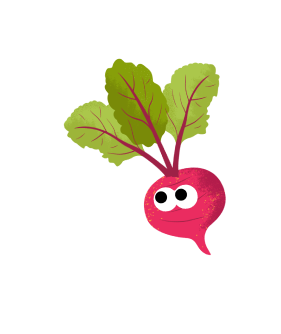
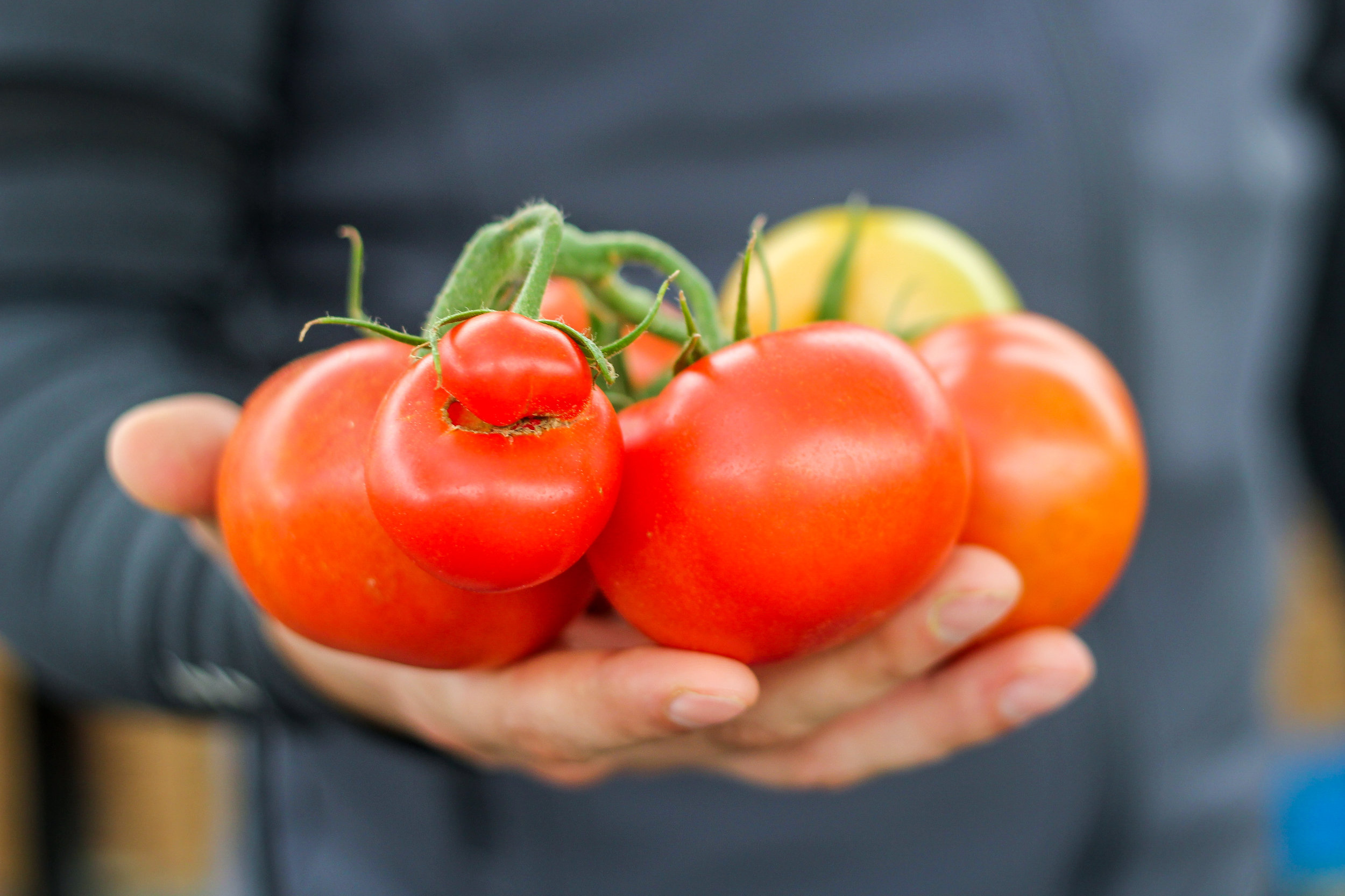


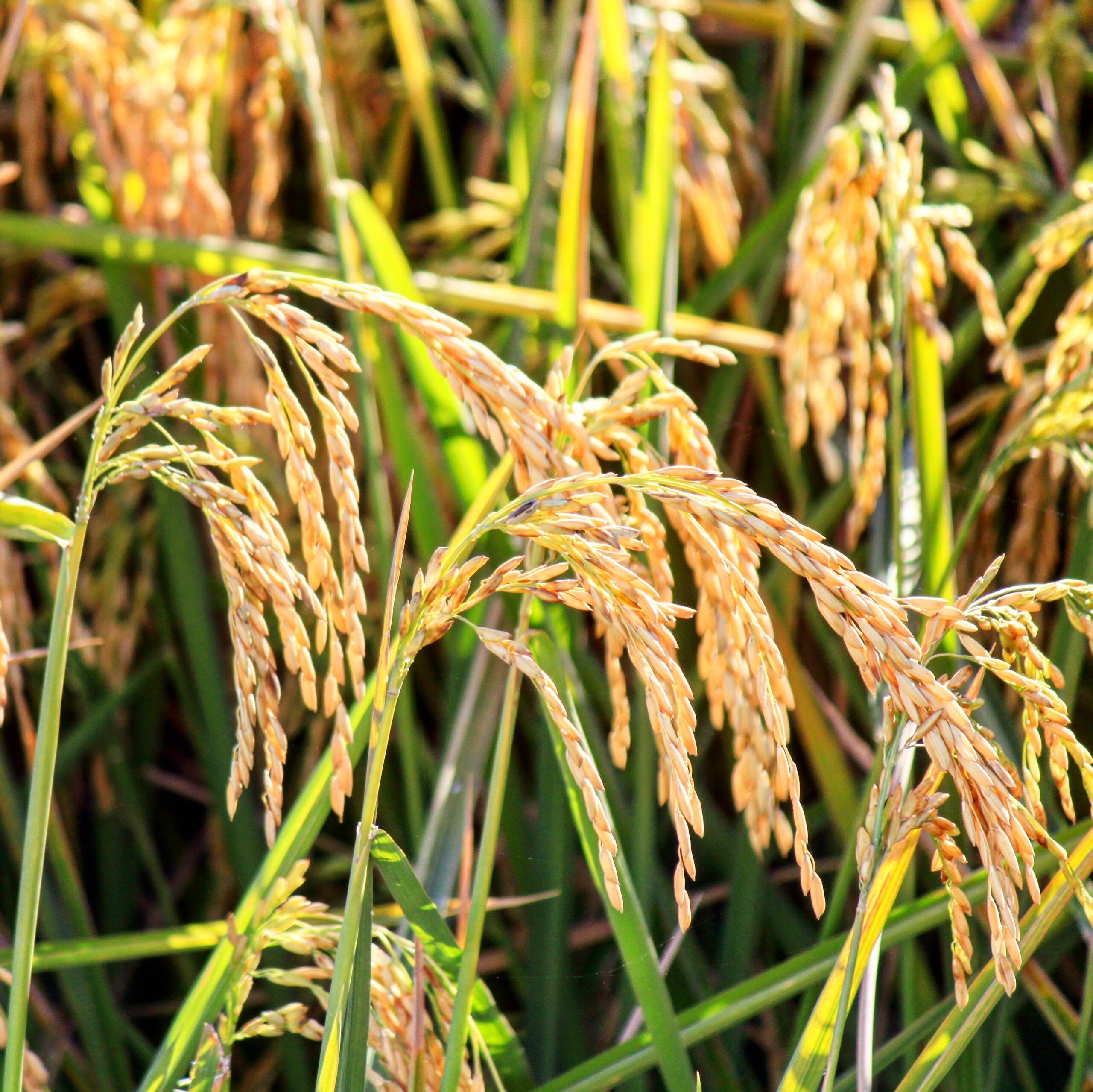
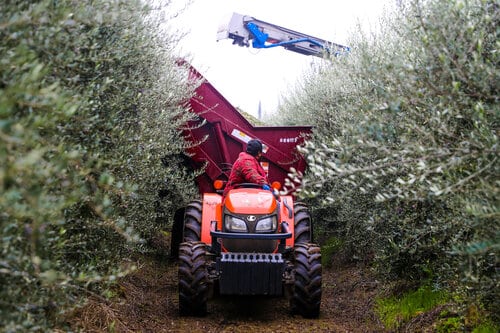
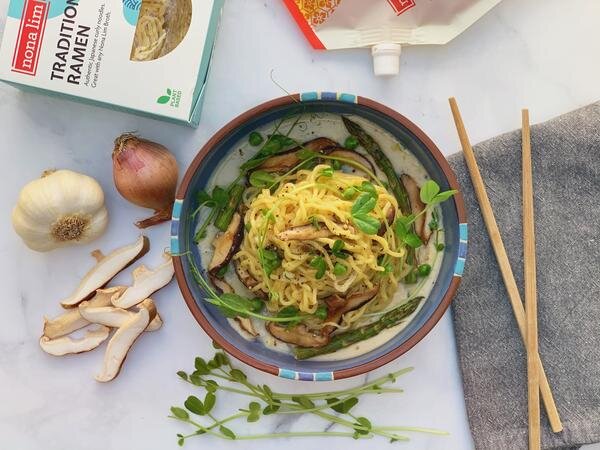
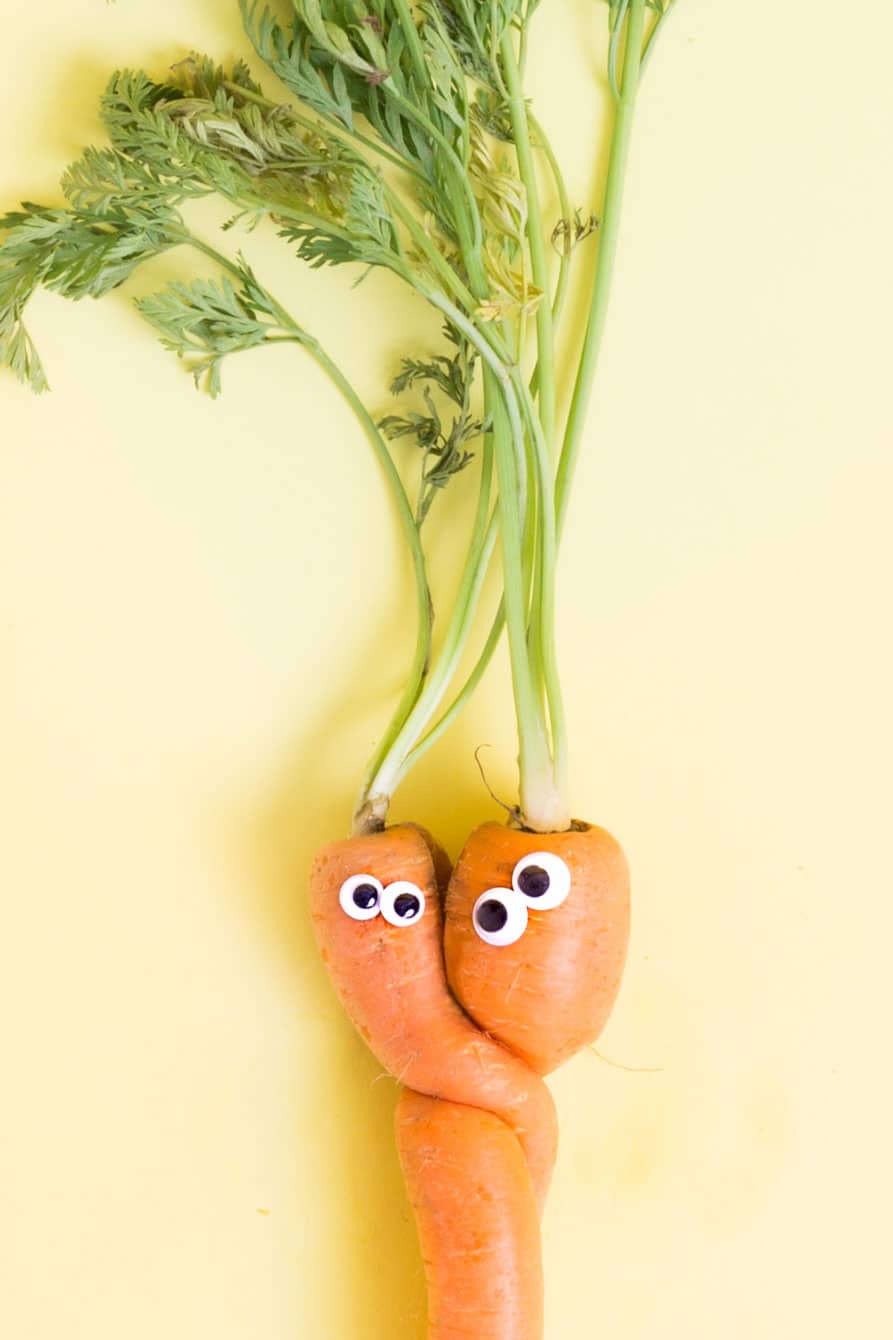
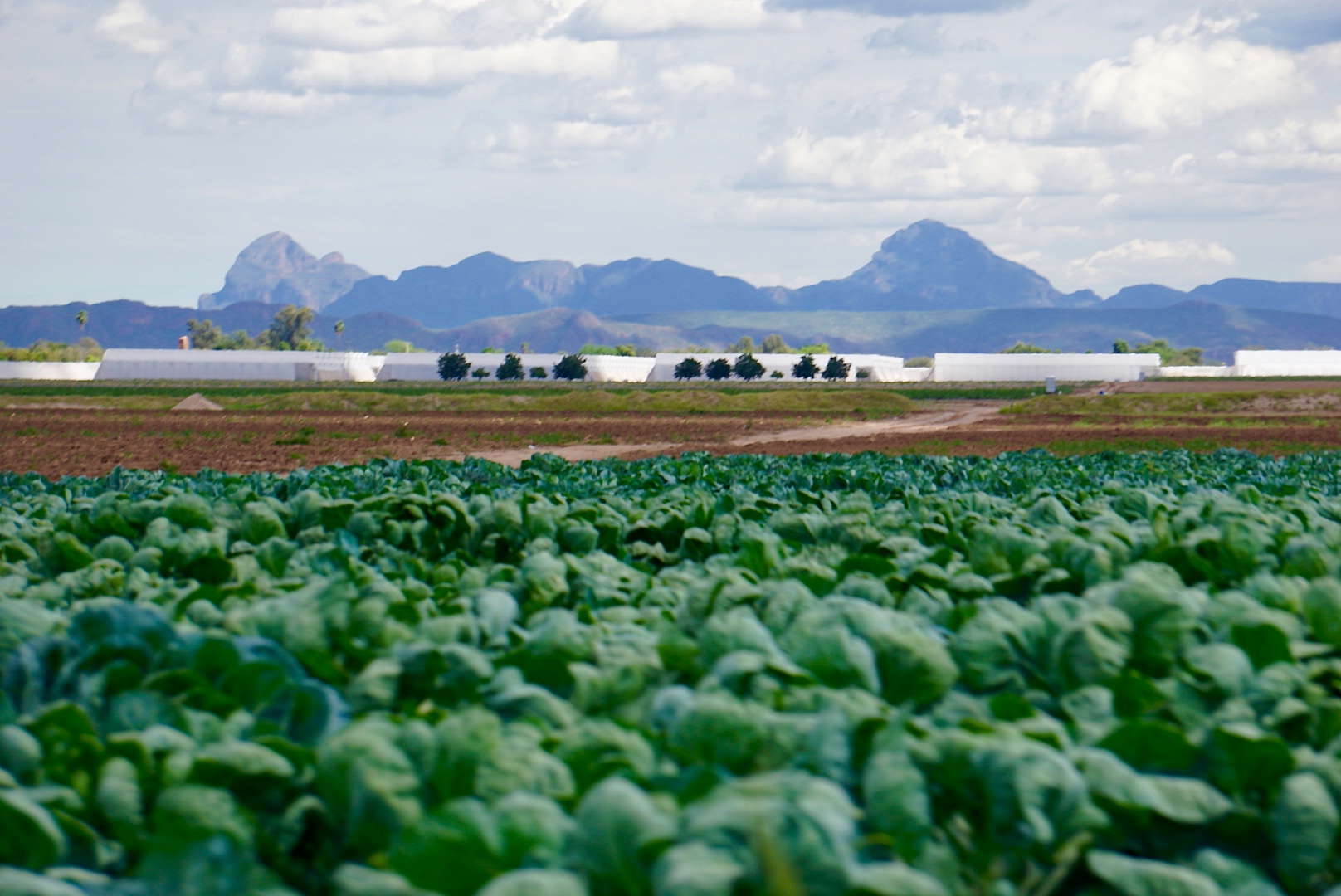

Anticipating yummy TOMATOES in my next box…yay
We’re happy to hear it!
Thought I already had an account
Let us know if you need help setting one up. We’re happy to help!
Really hoping for very ugly tomatoes!!!
We hope you can get some too! Tomato season is a wonderful time of year!
So much info in this. I plan to broil the 2 tomatoes we got in this weeks box this weekend. Yum!
We’re happy to hear that you enjoyed this blog. Please let us know how the broiled tomatoes turn out. That’s one of our favorite tomato tricks! They end up so sweet and delicious!
The reason behind the ugly tomatoes is no proper care of the vegetation. The other reason can be some type of insect or pests might have affect the vegetation. Also, the climate is the other factor of these imperfections in the tomato.
Hey Amrit! Thanks for reading our blog and for sharing your tomato expertise with us. You’re absolutely right that a wide range of environmental and pest pressures can cause changes in how fruits like tomatoes look as they grow.
Like!! I blog quite often and I genuinely thank you for your information. The article has truly peaked my interest.
I’m looking forward to having you in Denver! Will customers be able to order more of a vegetable that’s in season, for instance tomatoes, if they want to?
We do always try to try to source locally and seasonally ????
I grow lots of tomato plants,the ugly one are always great. Just cut out the ugly part. Breakfast,lunch and dinner..
We couldn’t agree more!